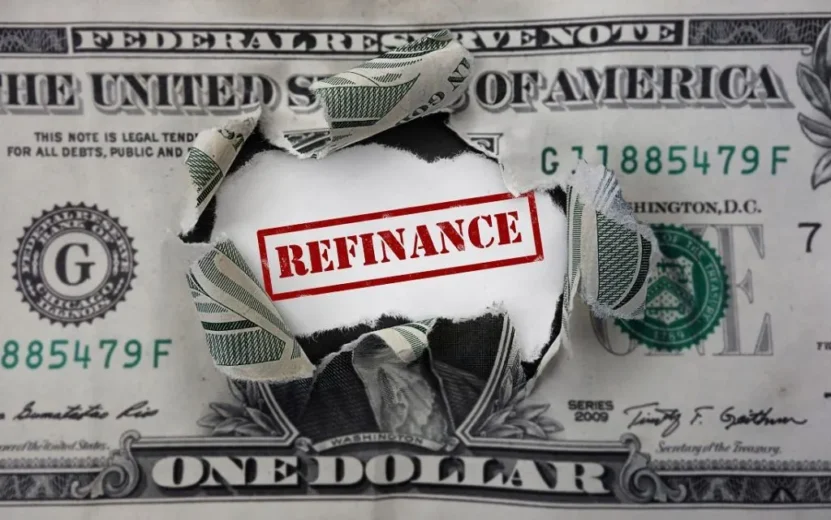What should a borrower do considering the total amount of outstanding student loan debt is over $1.46 trillion dollars and the interest paid on those loans is tax deductible? The Federal Reserve Bank of New York has some words of wisdom for those who are having difficulty. This tax break, which reduces the amount of revenue that is subject to taxation by up to $2,500, is only available for government loans.
This can be calculated as part of your self-employment taxes using a self-employment tax calculator. Because of the ongoing pandemic, the majority of federal students have been granted a delay in the repayment of their debts beginning on March 13, 2020, and moving forward. However, there may be some exceptions to this rule, so it is important that you investigate what particularly pertains to you.
Can you subtract your college loans?

If you are a single taxpayer and your modified adjusted gross income is less than $70,000 in 2021, you may be eligible to subtract up to $2,500 of the interest you paid on student loans from your taxable income while you are using an income tax calculator. It is also appropriate for the year 2022. If your MAGI was between $70,000 and $85,000, you were eligible for a deduction that was less than the highest of a complete deduction, which was set at $2,500. It is essential to note that this exemption is not taken as an itemized one; rather, it is deducted from taxable earned income before they are applied to taxes. As a result, you will be able to save some money in tax categories in which it is appropriate. There are some circumstances in which you may be eligible to claim a tax deduction for the interest that you have spent on student loans, including the following:
– You paid for both your tuition and your room leasing costs with money from a student education loan.
– You have decided to take out a debt in order to finance the cost of your schooling.
This is something that must be taken into consideration not only if you are submitting these taxes while enrolled in postsecondary school but also if you are doing so while you are still attending school. In addition, a tax exemption for the interest paid on student loans can be claimed even if the debt was assumed by another party who was responsible for its repayment on the borrower’s account. Through the use of this deduction, they will be able to write off any interest that they have accrued on student loans, such as a parent PLUS Loan that they have taken out on their child’s account or other kinds of credits that are comparable.

The type of deduction In the year 2021, if you paid more than $600 in interest to your student loan servicer or lender, the Internal Revenue Service would give you Form 1098-E electronically, along with other tax forms such as Form 1120-S. It provides a list of your tax-deductible interests and activities. However, if the shutdown froze interest rates and payments were suspended because of the shutdown, there is a good possibility that you did not accrue more than $600 in overdue fees on your government loans. This can make a big difference in your taxes if you are a sole proprietor who already has to worry about every aspect of your taxes.
If that is the case and the individual otherwise meets the requirements, then it is possible that any amount of interest that was paid can be deducted. In the event that you do not receive Form 1098-E in the mail or via email, you will need to get in touch with them directly in order to obtain a duplicate. You may also be able to make inquiries regarding the amount that is owed to you online through their account interface, which may also be accessible.
Additional tax exemption for interest paid on student loans
You may be eligible for additional education tax rebates and a tax deduction for the interest you pay on student loans if you are currently enrolled in school or paying for educational expenditures. If you do not meet the requirements for either of these two credits, you may be eligible for the American opportunity credit (AOC) or the lifelong learning credit, or another education tax credit in 2022. However, if your annual gross salary is more than the specified limit (which is present $160,000 for an individual), you will not be eligible for these benefits; however, even individuals who have student loans can take advantage of them.
When it comes time to file your taxes, your payment and other variables can help determine which option will save you the most money. It’s important to know which state you’re paying taxes in because each one is different. For example, if you are in Texas, you should use a Texas tax calculator. In this regard, there is no one response that can be considered definitively accurate. As is the case with the deduction for the interest paid on student loans, married couples who submit their taxes collectively are also qualified to benefit from these tax breaks. It is not necessary for single parents to register without a companion by their side.

The requirements to qualify for a tax exemption on interest paid on student loans There were a few things that were eligible for the exemption, such as origination costs and interest that was capitalized. The cost of establishing and completing new loans is known as the loan origination fee, and it is a one-time charge. This charge will be included in the information that is reported on your 1098-E document beginning September 1, 2004. If you have an older debt, you are responsible for calculating the interest from the values yourself using an annual calculator such as the one found on the Flyfin tax calculator.
The term “capitalized interest” refers to any interest that has accumulated but has not yet been paid off, in which case it is added to the principal of the debt. Learn as much as you can about the government’s unsubsidized student debts while you are still in school and during the grace period. If the credit card debt was used exclusively for the payment of qualified education expenditures, then it is also eligible.
Interest charged on credit cards
If you use your credit card for the sole purpose of purchasing qualified education expenditures, then it will be considered qualified by the credit card company, even if you have other sources of debt. It is also possible to deduct the interest you pay on unsecured lines of credit, such as those from credit cards, as long as those lines of credit were used solely for educational purposes.
Interest paid on debts that have been refinanced or consolidated

When submitting taxes at the end of the year, you may be eligible to take a deduction for the accumulated interest payments on the new loan if you took out the loan exclusively for the purpose of consolidating or refinancing student debt.
Other tax deductions available for interest paid on student loans
Students who are registered in a qualifying post-secondary institution are able to receive a maximum tax credit of $2,000 per year through the Lifetime Learning Credit (LLC). This credit can be applied toward acceptable tuition and other school-related expenditures. This includes any coursework toward an undergraduate degree, graduate degree, or professional degree that was used to pay for eligible expenditures. There are no limits placed on the number of years that individuals are eligible to claim compensation, provided that they satisfy the following three criteria:
A) The consumer is responsible for paying for all of their own expenditures for an accredited higher education.
B) Another individual does, if that individual identifies themselves as a dependent.
C) The individual is considered to be an independent learner and may claim either themselves or one additional person as a dependent on their tax return.
There are several requirements:
1) The taxpayer or one of the taxpayer’s dependents is responsible for paying the authorized higher education expenditures.
2) The qualified student’s tuition and fees at a qualifying establishment are paid for by the taxpayer or a dependent of the taxpayer.
3) Taxpayers are either dependents of the student who filed the tax return or partners who filed the return equally with the student.
This is an intelligent method to cut these costs, as it will reduce these costs overall while also putting some money back into your pocket. The Flyfin calculator, which features artificial intelligence functionality, can provide you with smooth assistance in this calculation problem.
